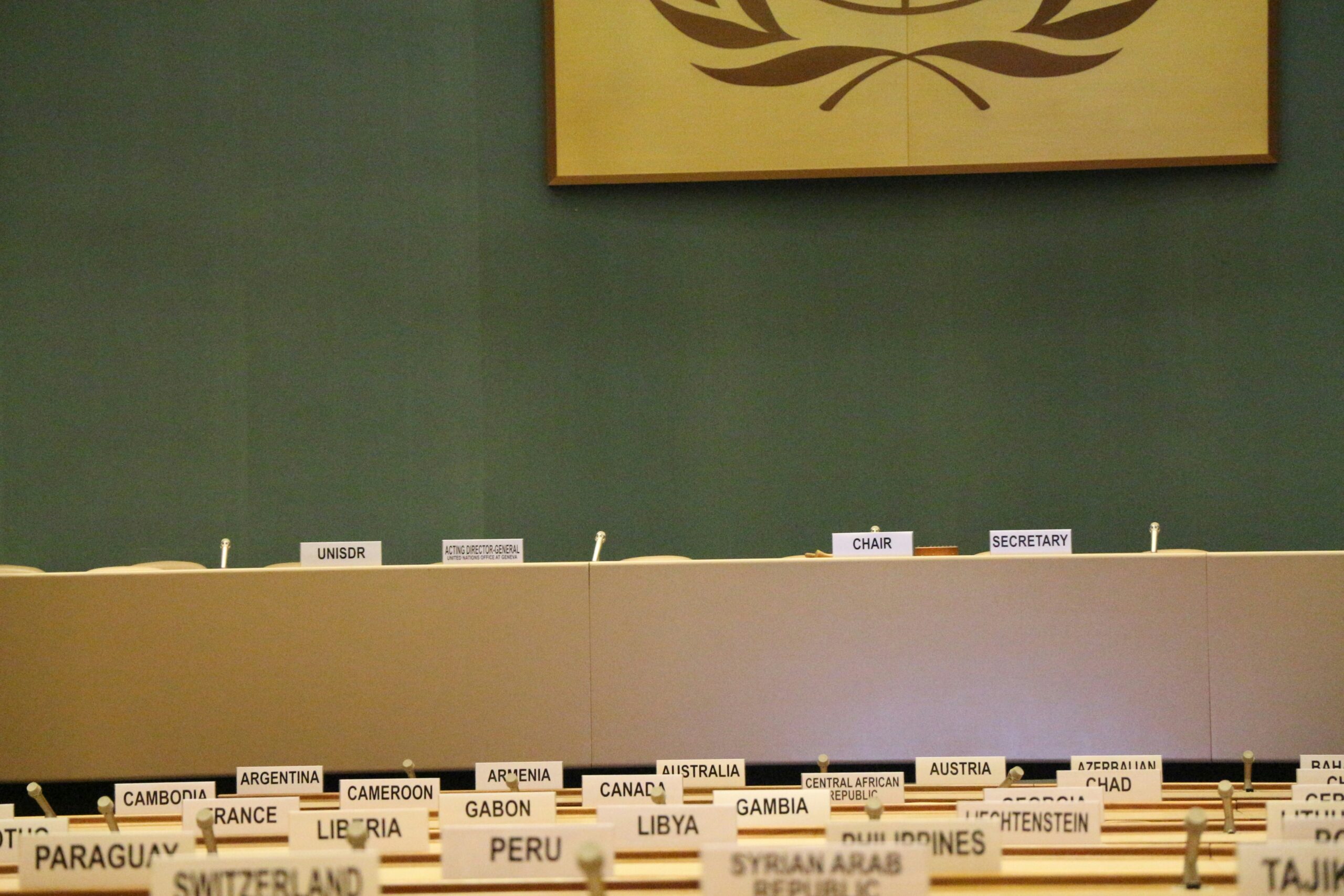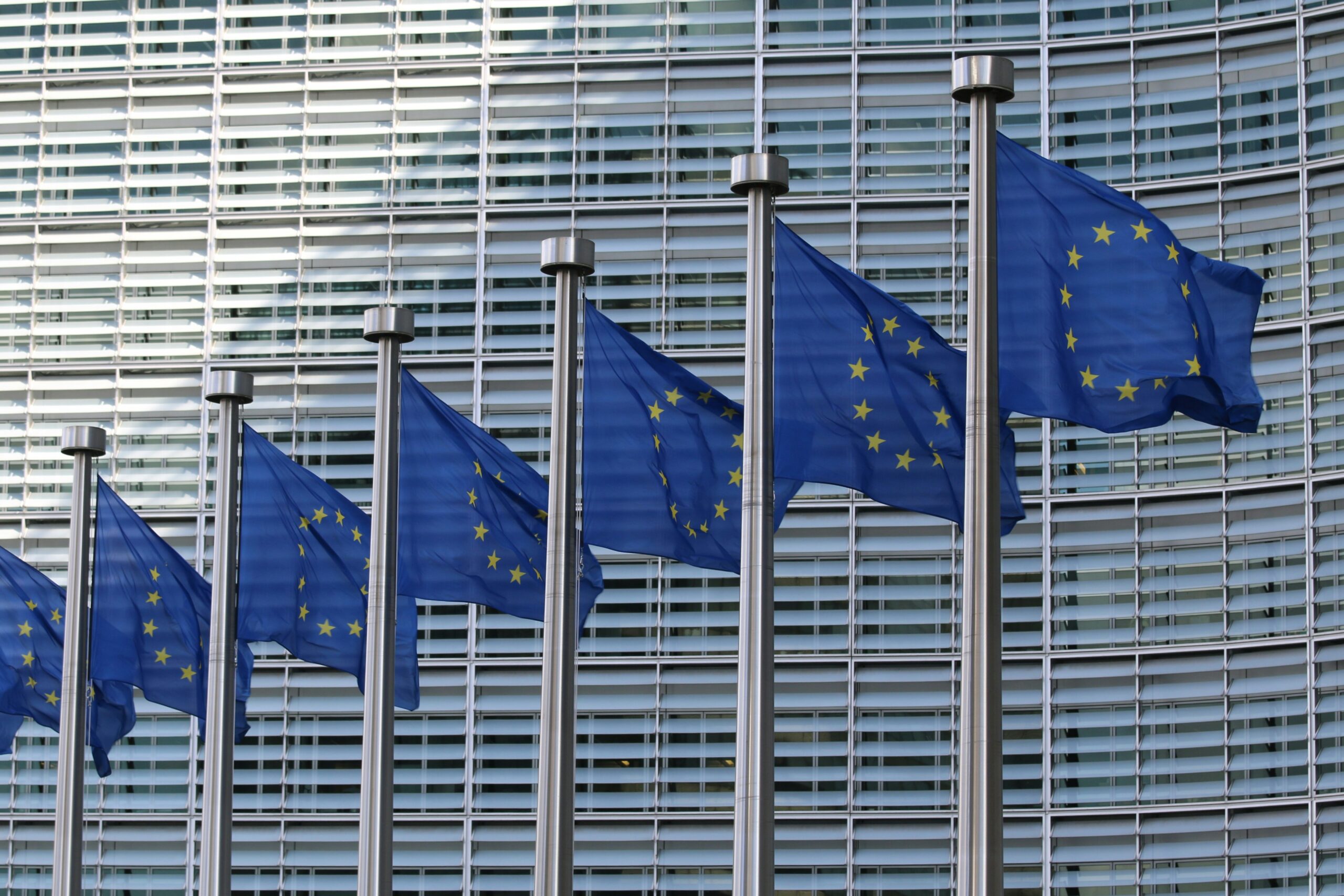Understanding Grand Strategy
When it comes to foreign policy, having a well-defined grand strategy is crucial. Grand strategy refers to a country’s long-term plan for achieving its national interests and goals on the global stage. It involves making decisions about alliances, military deployments, economic policies, and diplomatic engagements.
Identifying National Interests
The first step in developing a grand strategy is to identify and prioritize a country’s national interests. These interests may include security, economic prosperity, regional stability, human rights, or environmental sustainability. By understanding what matters most to the nation, policymakers can shape their foreign policy accordingly.
Assessing Global Challenges and Opportunities
Next, it is important to assess the global challenges and opportunities that may impact a country’s national interests. This includes analyzing geopolitical trends, economic developments, technological advancements, and social changes. By staying informed about the evolving international landscape, policymakers can adapt their grand strategy to address emerging challenges and leverage new opportunities.
Building Alliances and Partnerships
A key aspect of grand strategy is building alliances and partnerships with other nations. By establishing strong relationships with like-minded countries, a nation can amplify its influence and achieve shared objectives. This involves diplomatic negotiations, mutual defense agreements, trade partnerships, and cultural exchanges. Collaboration with other nations can enhance a country’s ability to shape the international order in line with its interests.
Using Diplomacy and Soft Power
Diplomacy and soft power are important tools in shaping foreign policy. Diplomatic negotiations, international agreements, and cultural diplomacy can help build trust and understanding between nations. Soft power, which includes cultural influence, education, and economic attractiveness, can also be used to promote a country’s values and interests without resorting to military force.
Adapting to Changing Circumstances
A successful grand strategy is not static but adaptable. As the global landscape evolves, it is important for policymakers to reassess and adjust their foreign policy approach. This may involve reevaluating alliances, pursuing new opportunities, or responding to emerging threats. Flexibility and agility are key to maintaining a relevant and effective grand strategy.
In conclusion, having a well-defined grand strategy is essential for any country’s foreign policy. By identifying national interests, assessing global challenges, building alliances, using diplomacy and soft power, and adapting to changing circumstances, policymakers can navigate the complex world of international relations and protect their country’s interests.


